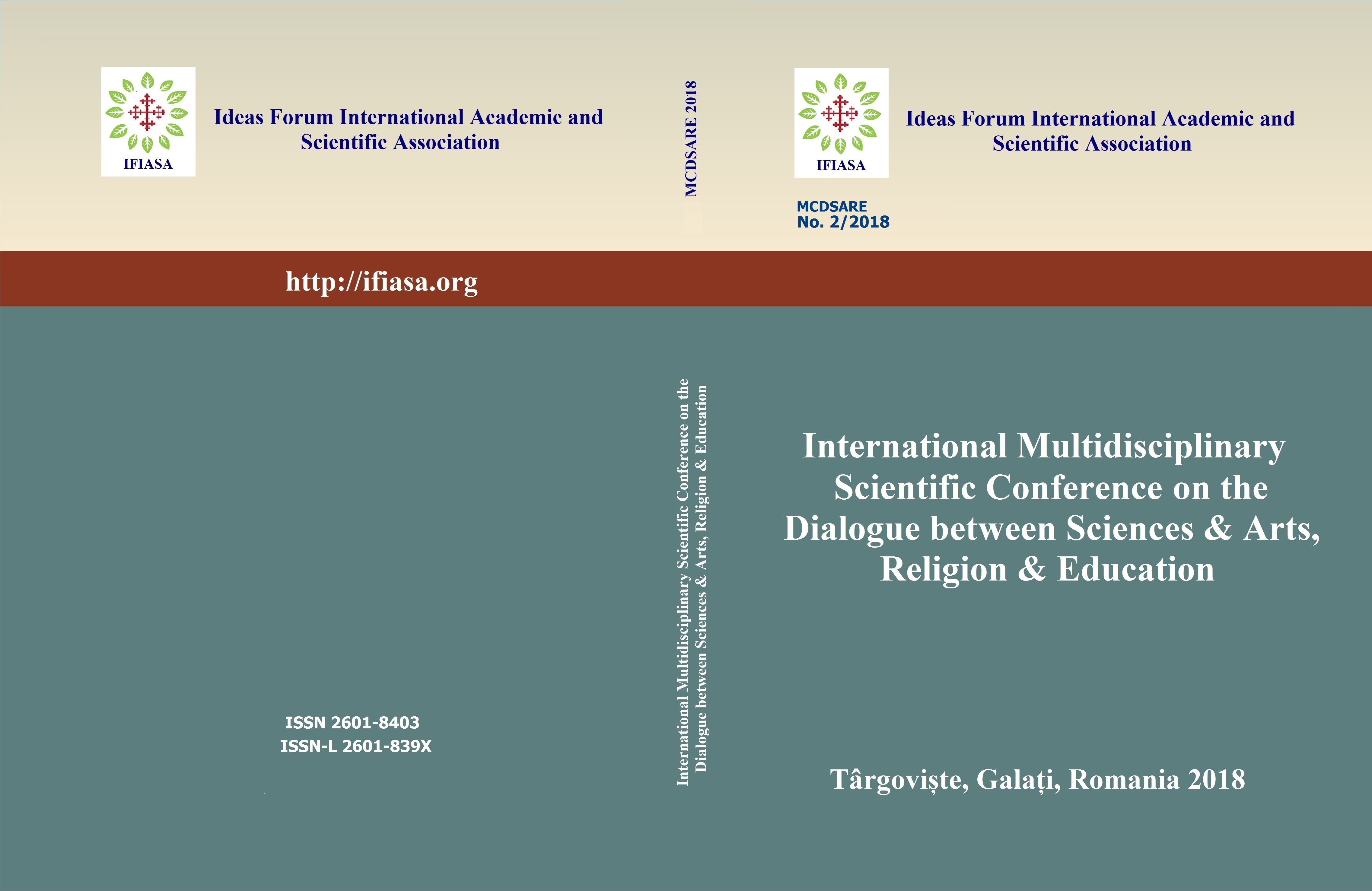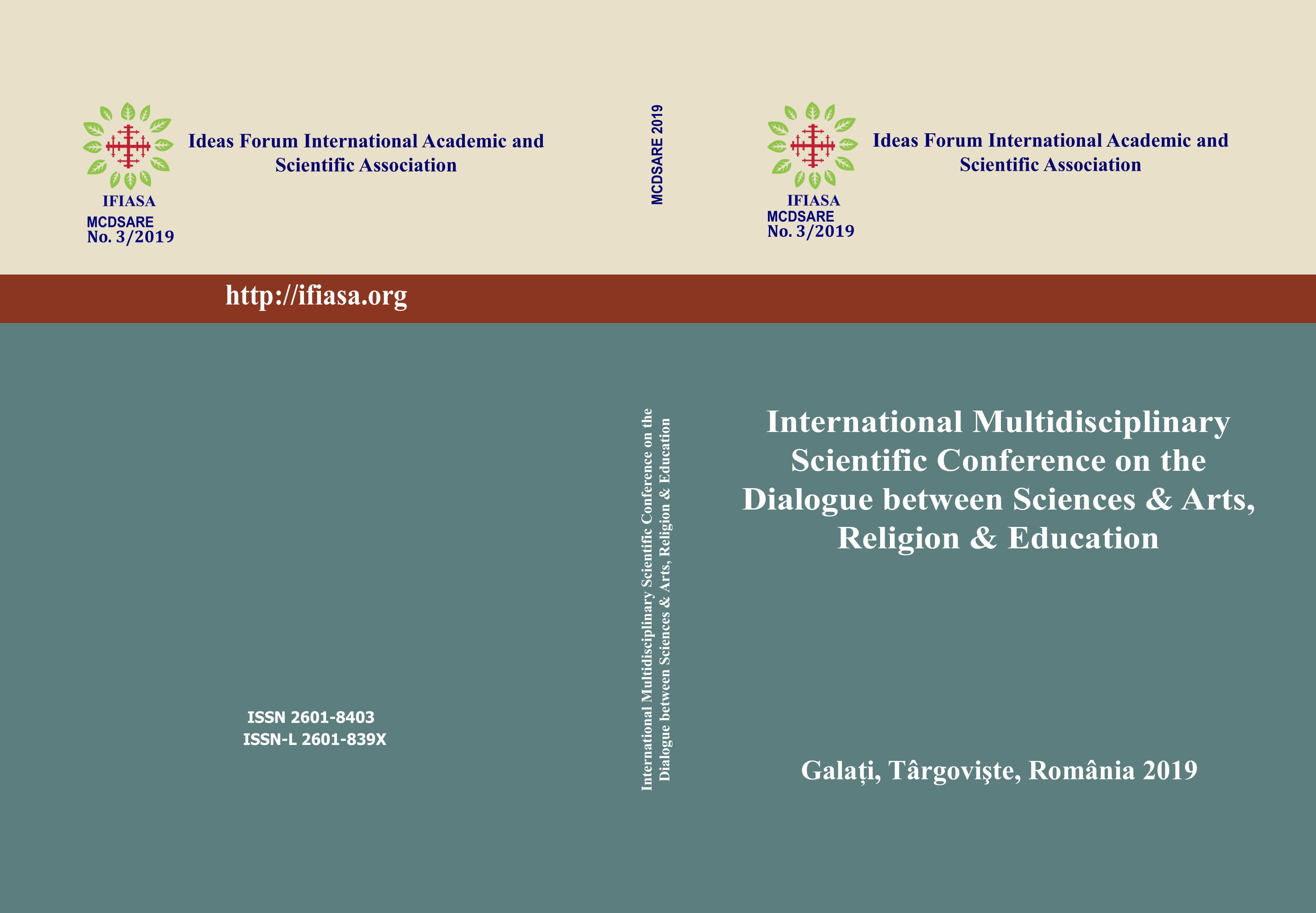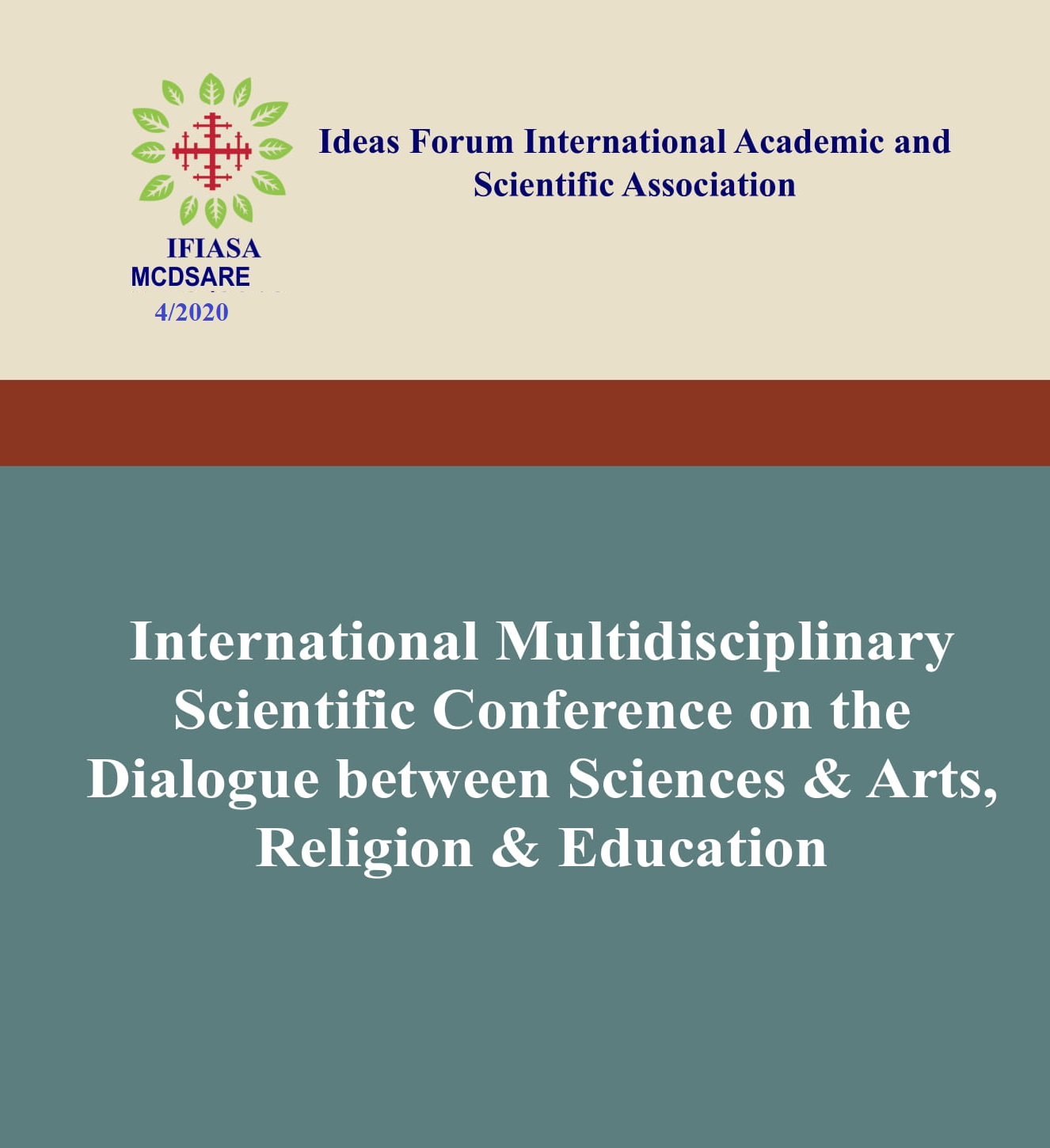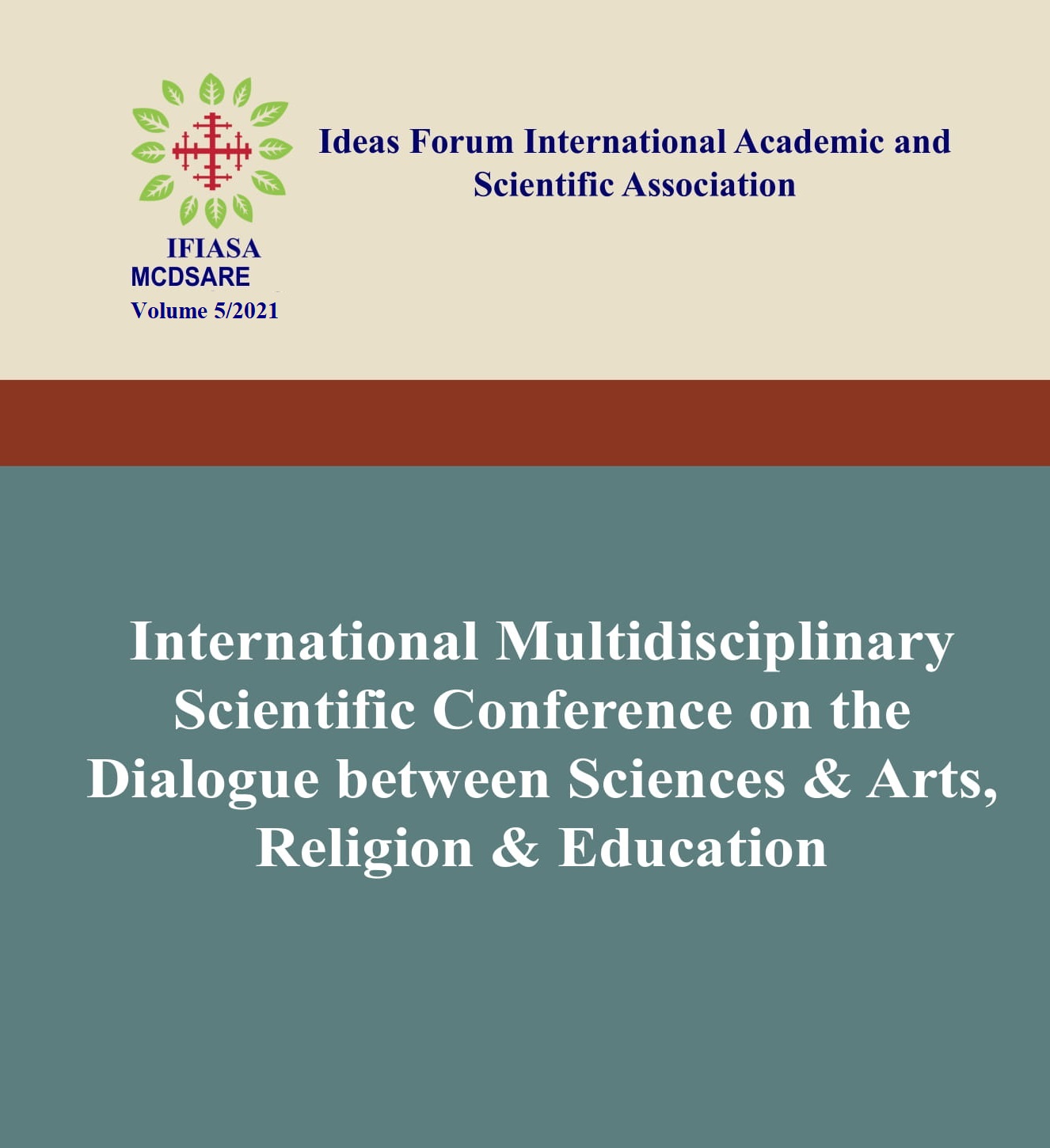
ABSURDIST BLACK HUMOUR IN EDWARD ALBEE’S WHO’S AFRAID OF VIRGINIA WOOLF?
ABSURDIST BLACK HUMOUR IN EDWARD ALBEE’S WHO’S AFRAID OF VIRGINIA WOOLF?
Keywords: black humour; linguistic stylistics; Theatre of the Absurd;
Nourished by the ideas of the Theatre of the Absurd that relied on the loss of logical language and on ridiculing conventionalised and stereotyped speech patterns, which were considered to represent a barrier between us and what the world is really about, Edward Albee developed a view of the theatre that was unconventional, if not defiantly radical, by means of the language used, incoherent, frightening and strange but, at the same time, somehow humorous and hauntingly poetic and familiar. In Who’s Afraid of Virginia Woolf?, Edward Albee is concerned with the failure of communication and the sexual substructure of modern society, by rejecting logic for a type of non-logic, which is stylistically transposed in a unique manner, giving birth to the play’s black humour. Edward Albee’s play observes the trends of drama related to this period that induces a kind of sick laughter, mocking and self-deprecating. His black humour shares the general traits of this trend, i.e. the debasement and dehumanization of man, a rising lack of moral values that results in a dark humour that laughs at the irrationality of the world, to which he also adds his personal tinge, i.e. the themes of lack of communication and lack of individuality, which are brilliantly rendered linguistically in his play, Who’s Afraid of Virginia Woolf?.
More...


